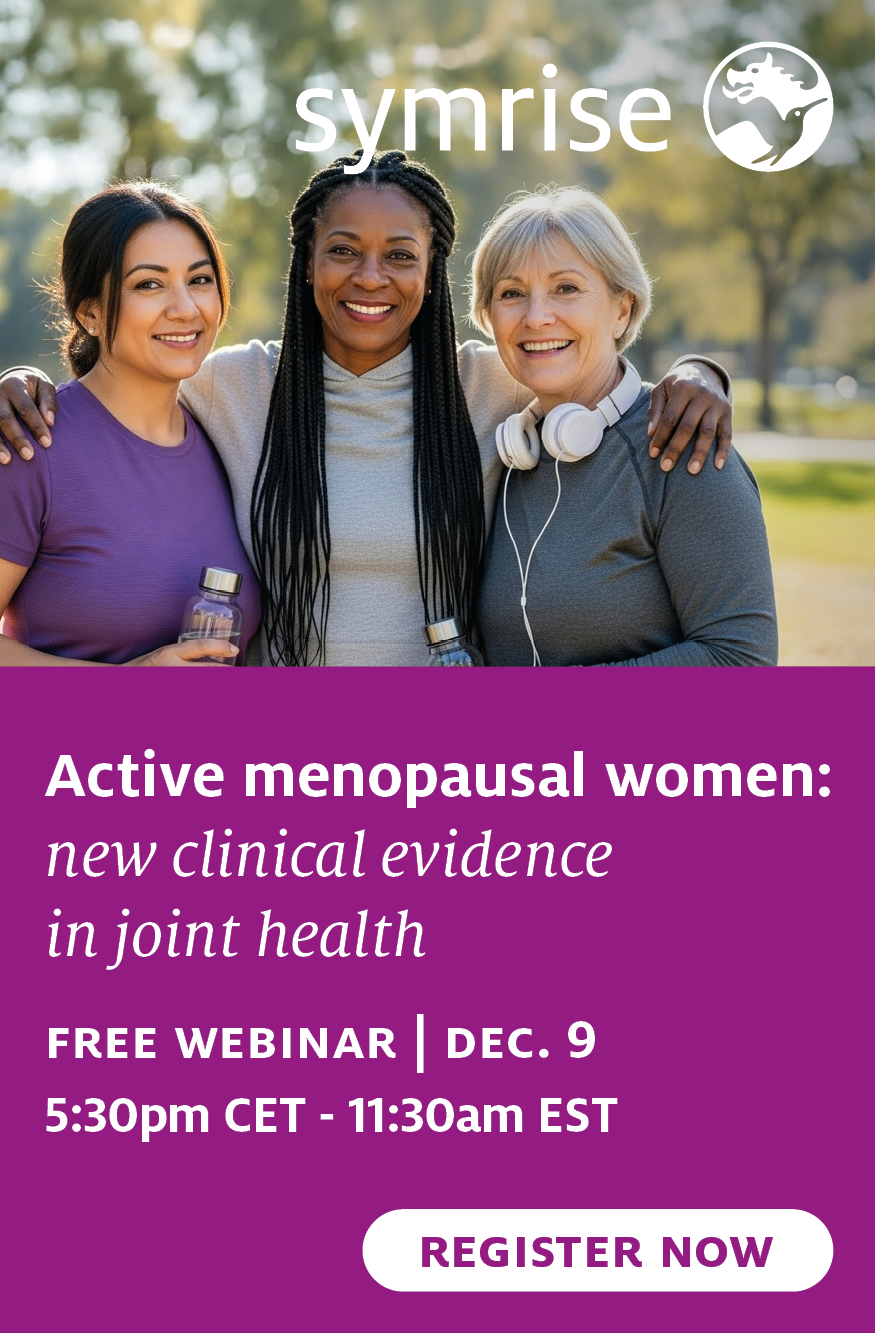UK Chief Medical Officer Warns: Being Overweight is Becoming Normal

28 Mar 2014 --- Being overweight is becoming normal as the majority of our adult population is overweight or obese, Chief Medical Officer Professor Dame Sally Davies will say today as she publishes her latest annual report on the state of the public’s health.
Her concern is based on data showing that – taking into account average height and weight – the average man and woman in England is overweight. This brings with it an increased risk of diabetes, strokes and other health problems. The report highlights studies that show some people who are overweight believe they are ‘about the right weight’.
The Chief Medical Officer’s Surveillance report is the first of two volumes of her annual report and is a compendium of data covering a number of public health areas. Key areas of concern for the CMO featuring in this year’s report are:

•Obesity – According to estimates, almost two thirds of adults and one third of children under 18 are overweight or obese. She highlights that, in one study, 77 percent of parents of overweight children did not recognise that their child was overweight.
•Deafness and blindness and dementia – The GP patient survey shows a greater prevalence of dementia, including Alzheimer’s disease, in those with severe vision loss or severe hearing impairment. The CMO highlights the lack of robust data which hampers our understanding of this possible association. The CMO says that investigating this potential link could tell us more about the causes of dementia.
•Alcohol – In popular culture, drinking alcohol to excess is sometimes portrayed as normal behaviour. An analysis of six weeks of soap operas in the UK in 2010 found 162 instances of characters drinking to excess, with negative consequences rarely shown. In fact, 75 per cent of the population does not consume excessive quantities of alcohol, and the proportion of the population which abstains from alcohol is increasing.
•Walking and cycling – Safety for pedestrians and cyclists must be improved if we are to encourage people to walk and cycle more and reap the associated health benefits. The risk of serious injury for each kilometre travelled on a bike is 21 times higher than by car. The CMO says that the relative risks of walking and cycling are unacceptably high and must be reduced and that an integrated approach to improving safety for all road users must be taken.
Professor Dame Sally Davies says: “I have long been concerned that being underweight is often portrayed as the ideal weight, particularly in the fashion industry. Yet I am increasingly concerned that society may be normalising being overweight. Larger mannequins are being introduced into clothes shops, “size inflation” means that clothes with the same size label have become larger in recent decades, and news stories about weight often feature pictures of severely obese people, which are unrepresentative of the majority of overweight people.”
The report also reaffirms the CMO’s previous views on added sugar in drinks and alcohol minimum pricing. The report highlights the fact that in children aged 11-18, almost a third of the added sugar in their average diet comes from soft drinks. The CMO calls on manufacturers to reformulate and resize products to use less sugar where possible. She also says that if voluntary efforts fail, then we may need to consider the benefits of regulation such as a ‘sugar tax’. She also said we should explore the impact of minimum unit pricing for alcohol in Scotland, if it is introduced there.













